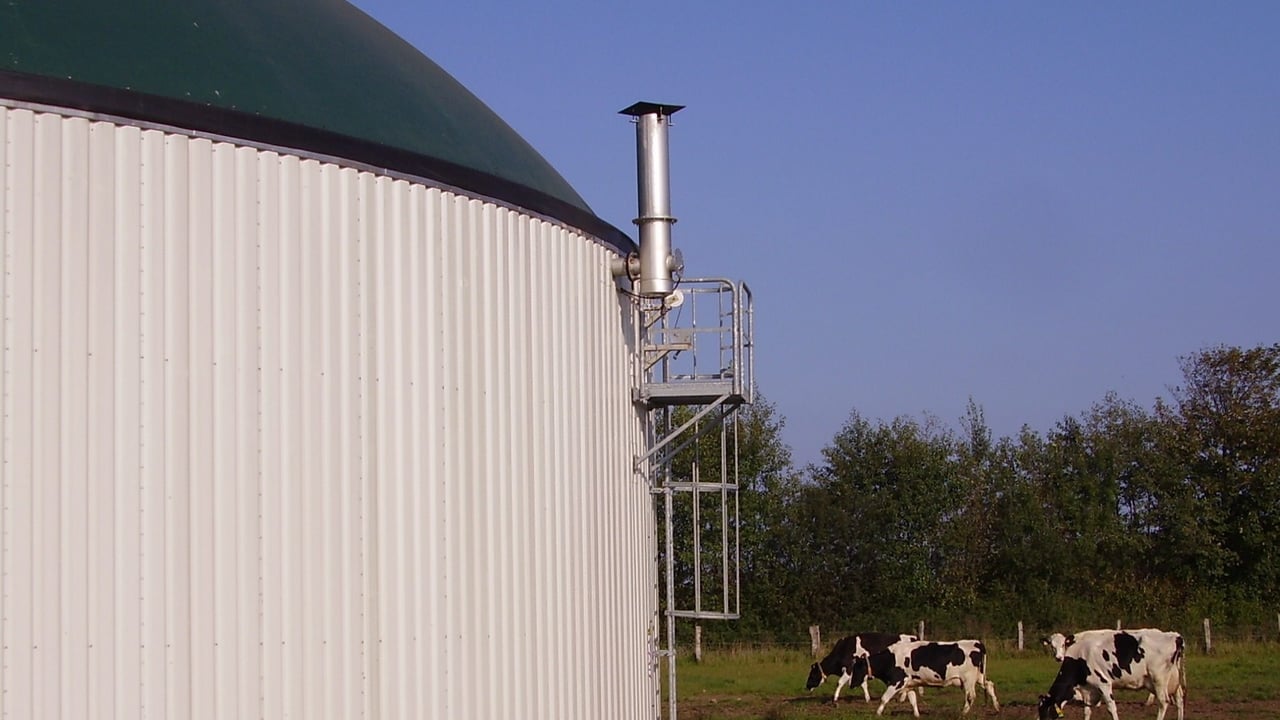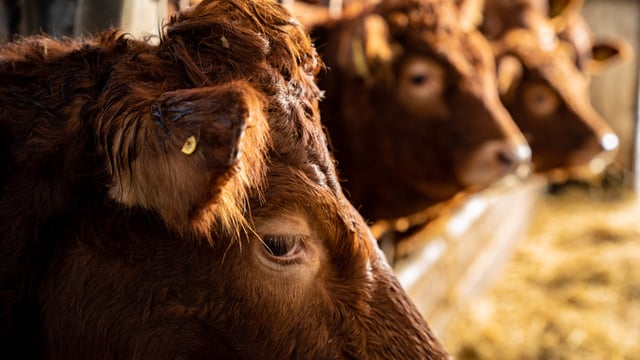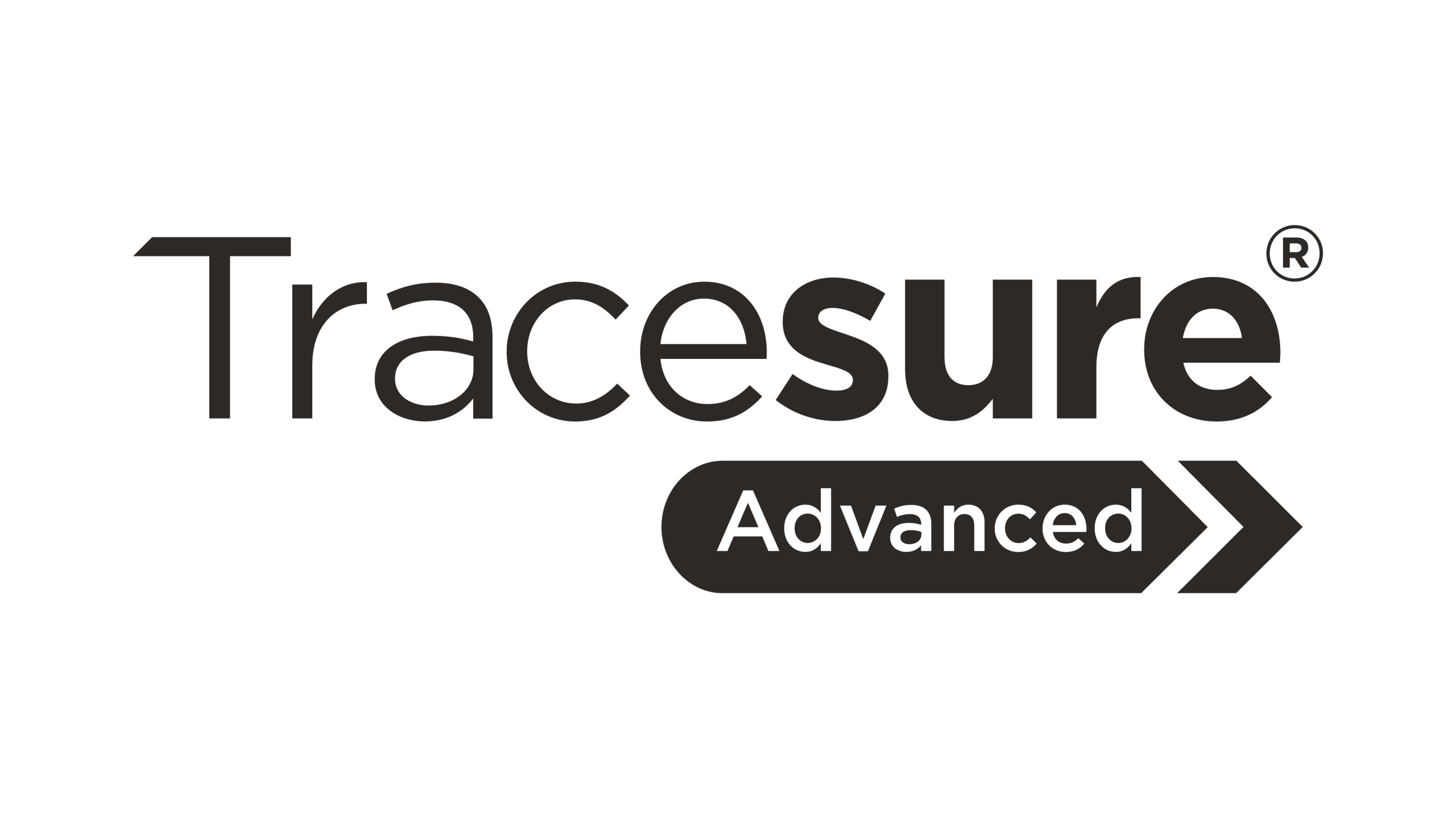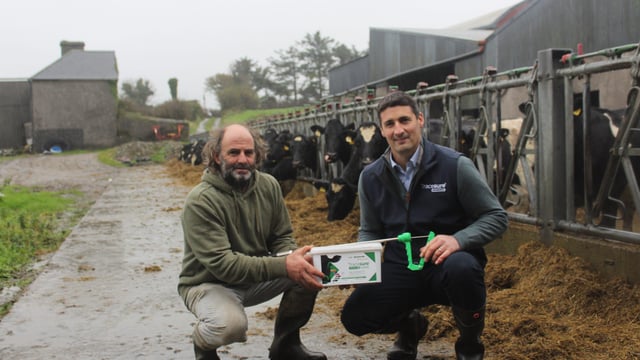Work ongoing to develop AD planning guidelines
Work is ongoing to develop planning guidelines to support local authorities when assessing anaerobic digestion (AD) plants with planning applications.
A timeline for their finalisation has not been confirmed.
Government has committed to supporting the production of up to 5.7 TWh of indigenously-produced biomethane annually by 2030.
AD plants, used to produce biomethane, continue to cause concern and face opposition in communities around the country.
A spokesperson of the Department of Climate, Energy and the Environment (DCEE), told Agriland that while anaerobic digestors "can bring significant benefits to the communities and local environment in which they are located, they are also significant infrastructure, with impacts on the environment, biospheres, and local communities".
The National Biomethane Strategy, which sets out 25 key strategic actions and outlines the necessary supports needed to drive growth across the biomethane sector, was published last year.
Chaired by the Department of Climate, Energy and the Environment (DCEE), the Biomethane Implementation Group will oversee delivery of the strategy.
"Priority deliverables under the strategy include actions 5f and 5g, which will see the development of planning guidelines to support local authorities when assessing AD plants with planning applications, and a review of resourcing requirements of key government agencies to support development of the industry," the DCEE spokesperson said.
"These actions will be delivered through collaboration among key departments and agencies.
"Initial exploratory work has started in this area and the Biomethane Implementation Group will continue to engage with other departments throughout 2025."
Setback rules
The Minister for Housing, Local Government and Heritage has responsibility for the overall development of national planning policy and legislation, which includes the appropriate setback rules for AD facilities.
"AD and other integrated assets are required to undergo a planning process to ensure proper consideration of a range of factors, including location, visual impact, land-zoning plans, and ecology," the DCEE said.
"Guidelines and requirements for these are currently set out through several acts, policy documents, spatial strategies, and development plans.
"Projects above a certain threshold are also required to complete an environmental impact assessment."
Renewable Heat Obligation Scheme
Minister for the Climate, Energy and Environment, Darragh O'Brien secured government support for the introduction of the Renewable Heat Obligation Scheme (RHO) this summer.
The government has also given its approval to commence drafting of the Renewable Heat Obligation Bill 2025.
The bill will provide a legislative basis for administration of the scheme next year - 2026.
Set to be in place until 2045, the RHO will obligate suppliers of fossil fuels used for heat to demonstrate a proportion of the energy they supply is from a renewable source.
This will support emissions reductions in Ireland's heat sector and contribute significantly towards meeting national climate and energy targets.
The RHO is to support the delivery of government’s commitment for up to 5.7 TWh of biomethane to be produced in Ireland over the coming years.
Identified as a key renewable fuel under the scheme, biomethane will provide a significant contribution as the country looks to diversifying gas supply.





